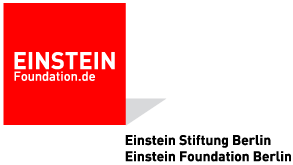Algebraic Geometry
Varieties, Polyhedra, Computation
Winter Semester 2019/2020


Fall School
This is the webpage of the fall school of the thematic Einstein semester Algebraic Geometry, which is devoted to the study of algebraic geometry and of its applications and is organised by Peter Bürgisser (TU Berlin), Gavril Farkas (HU Berlin) and Christian Haase (FU Berlin).
Times and Venue
The school will take place from the 30th of September 2019 to the 4th of October 2019 at Arnimallee 3 (Room SR 019 and SR 024) in the campus of the Freie Universität Berlin.
Minicourses
Greg Blekherman (Georgia Tech) - Convex and Algebraic Geometry of Sums of Squares on Varieties
A polynomial with real coefficients is called nonnegative if it takes only nonnegative values. For example, any sum of squares of polynomials is obviously nonnegative. The study of the relationship between nonnegative polynomials and sums of squares is a classical area in real algebraic geometry. The minicourse will be about the convex cones of nonnegative polynomials and sums of squares on a variety. Convex-geometric considerations, such as duality and facial structure of these cones will lead to new insights in algebraic geometry. The main questions we will consider are: when are all nonnegative polynomials sums of squares, and the number of squares needed to write a sum of squares.
The file with the exercises can be found here.
Dawei Chen (Boston College) - Moduli of differentials and Teichmüller dynamics
An abelian differential defines a flat metric with conical singularities such that the underlying Riemann surface can be realized as a polygon with edges pairwise identified via translation. Varying the shape of such polygons induces a GL(2,R)-action on the moduli space of abelian differentials, called Teichmüller dynamics, whose study has provided fascinating results in many fields. I will give an introduction to this beautiful subject, with a focus on a combination of algebraic, analytic, combinatorial and dynamical viewpoints as well as some recent developments.The file with the exercises can be found here.
References:
- Dawei Chen, Teichmüller dynamics in the eyes of an algebraic geometer, pdf
- Maxim Kontsevich, Anton Zorich, Connected components of the moduli spaces of Abelian differenAtials with prescribed singularities, pdf
- Alex Wright, Translation surfaces and their orbit closures: An introduction for a broad audience, pdf
- Anton Zorich, Flat Surfaces, pdf
Giorgio Ottaviani (University of Florence) - Tensor Rank and Complexity
The asymptotic complexity of the matrix multiplication algorithm is one of the basic open problems in Complexity Theory. In other words, how many operations are needed to multiply two nxn matrices when n is large? The seminal work by Strassen and Bini translated this problem into the computation of the rank and the border rank of certain tensors, which can be studied with tools from Algebraic Geometry, especially in the symmetric case. The symmetric rank of a monomial can be computed by algebraic tools, and already this elementary case is not trivial. In the lectures we will review some important constructions and results in this area, and we will introduce the asymptotic rank, which in turn has a distinguished role in quantum computation.
The file with the exercises can be found here.
Bernd Sturmfels (MPI Leipzig/Berkeley) - D-Modules and Holonomic Functions
In algebraic geometry we study the solutions of polynomial equations. This is equivalent to studying solutions of linear partial differential equations with constant coefficients. In these lectures we explore the more general case of partial differential equations whose coeffients are polynomials. The letter D stands for the Weyl algebra, and a D-module is simply a left module over D. We focus on left ideals, or D-ideals. These are the systems of linear PDE whose solutions we care about.Functions in several variables can be modeled by the PDE they satisfy. A comprehensive class of functions with excellent algebraic properties are the holonomic functions. They are encoded by holonomic D-modules. These are useful for many applications, e.g. in geometry, physics and statistics. Course participants will learn how to work with holonomic functions.
References:
- Anna-Laura Sattelberger and Bernd Sturmfels, D-Modules and Holonomic Functions, pdf.
Tentative Schedule
| Monday | Tuesday | Wednesday | Thursday | Friday | ||
|---|---|---|---|---|---|---|
| 08:00 - 09:00 | Registration | |||||
| 09:00 - 10:30 | Ottaviani | Sturmfels | Blekherman | Ottaviani | Blekherman | |
| 10:30 - 11:00 | Coffee Break | |||||
| 11:00 - 12:30 | Blekherman | Exercises Blekherman | Chen | Sturmfels | Exercises Sturmfels and Blekherman | |
| 12:30 - 14:00 | Lunch Break | |||||
| 14:00 - 15:30 | Chen | Ottaviani | Sturmfels | Chen | Presentations | |
| 15:30 - 16:00 | Coffee Break | |||||
| 16:00 - 18:00 | Exercises Ottaviani | Exercises Chen | Exercises Sturmfels | Exercises Ottaviani and Chen | Presentations | |
Application
Participants must apply at this link. We are working to acquire funding to offer support for travel or
accommodation to some participants. The registration will close on the 1st of September 2019.
Due to space limitations and the overwhelming interest in our Fall School we might not be able to accommodate everybody who registered;
we reserve the right to reject applications. We will send out notifications in early September.
For any question about this event, you may contact the email address agfallschool2019@gmail.com or one of the organisers of the fall school: Daniele Agostini (HU Berlin), Thomas Krämer (HU Berlin), Marta Panizzut (TU Berlin), Rainer Sinn (FU Berlin).
